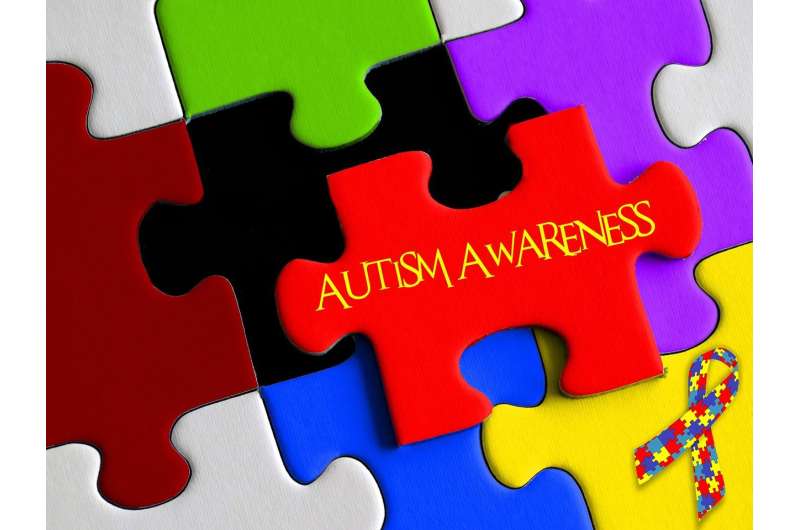The Impact of Stigma on Individuals Living with Traumatic Brain Injury-Related Disabilities

Stigma significantly affects individuals with traumatic brain injury, leading to internalized negative beliefs and social withdrawal. Addressing societal biases and promoting support networks are essential for improving their quality of life.
More than 5 million Americans live with permanent disabilities caused by traumatic brain injury (TBI), which can significantly affect their quality of life. One major challenge faced by these individuals is social stigma, often leading to feelings of shame, inferiority, or unworthiness. This societal bias can cause internalized stigma, where people with TBI believe they are less capable or valuable than those without disabilities, further hindering their social engagement and personal well-being.
Research conducted by Umesh Venkatesan, Ph.D., at Jefferson Moss Rehabilitation Research Institute, examined how public discrimination influences internalized stigma among individuals with TBI. In a study published in the Journal of Head Trauma Rehabilitation, 84 adults with TBI filled out questionnaires that measured perceived discrimination and internalized stigma. The findings revealed varying levels of stigma internalization, with some individuals more prone to negative self-perception after experiencing discrimination.
A concerning outcome identified was the "why try" attitude—where individuals with high internalized stigma avoid social activities and tasks due to fear of failure or rejection. This mindset can lead to social withdrawal, isolation, and deteriorating mental health, which may exacerbate their disabilities and hinder recovery.
While the study did not propose specific interventions, it emphasized the importance of addressing both public and internalized stigma. Dr. Venkatesan advocates for education and empowerment, as these can help individuals develop healthier self-beliefs and cope better with societal biases. Peer support groups are also recommended to foster a sense of community, safety, and belonging, which can serve as buffers against the harmful effects of stigma.
Understanding and mitigating stigma is crucial for improving the lives of those with TBI. By fostering awareness, support, and supportive networks, society can help reduce internalized stigma and promote more inclusive and supportive environments for individuals living with these disabilities.
Source: [https://medicalxpress.com/news/2025-09-stigma-impact-individuals-traumatic-brain.html]
Stay Updated with Mia's Feed
Get the latest health & wellness insights delivered straight to your inbox.
Related Articles
Experts Warn of Continued Preventable Deaths Among Autistic People Without Improved NHS Access
Research reveals systemic barriers in NHS mental health services for autistic adults, risking ongoing preventable deaths due to unmet needs and inadequate support during crises.
Exploring the Growing Overlap Between ADHD and Autism in Social Media Discourse
Recent social media analysis highlights a rising convergence in how ADHD and autism are perceived, emphasizing shared themes and community overlap fueled by diagnostic and cultural shifts.
Innovative Treatment Demonstrates Superior Results in Reducing Binge-Eating Among Veterans
A new therapy combining regulation of cues and behavioral weight loss shows promising results in reducing binge-eating episodes among veterans, with effects lasting at least six months post-treatment.
Lower Risk of Psychiatric Disorders Following Weight-Loss Surgery Compared to GLP-1 Therapy
New research finds that weight-loss surgery significantly reduces the risk of psychiatric disorders compared to GLP-1 medication therapy, highlighting the mental health benefits of surgical intervention in obesity treatment.



